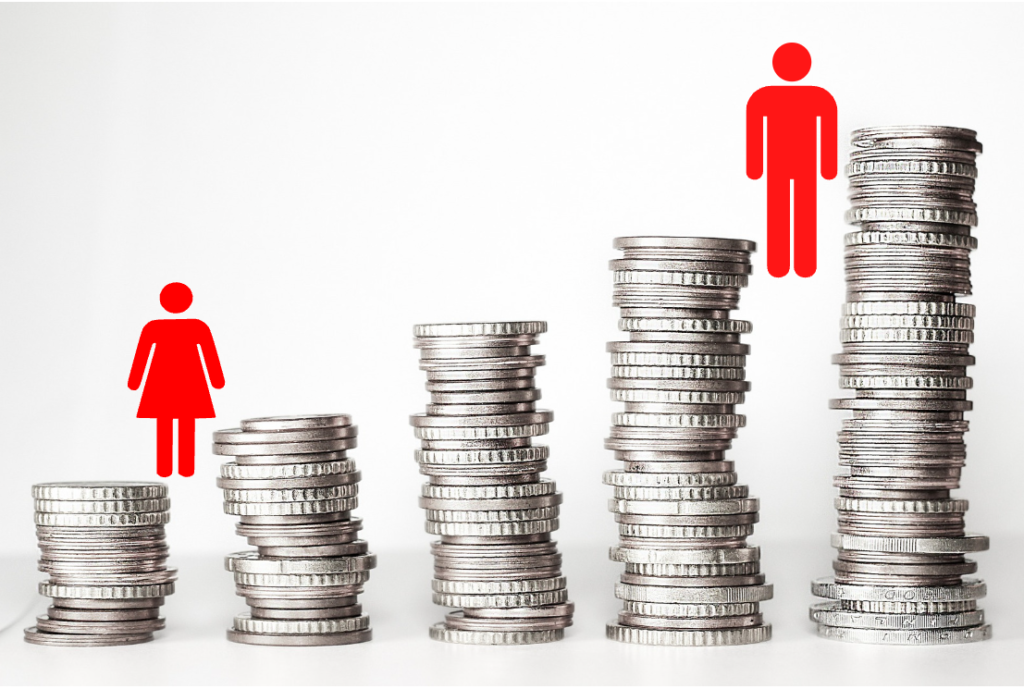EU Directive on Pay Transparency
07.02.23
MMM welcomes a new political decision by the European Parliament and the European Council taken in December 2022, regarding pay transparency measures.

This follows the Commission’s proposal March 2021 of a Directive on Pay Transparency. The agreement establishes new rules that will increase pay transparency, enforcement of the equal pay principle between men and women and make justice more accessible for victims of pay discrimination. These rules will reduce the financial vulnerability of women and mothers, who are at an increased risk of poverty and pay discrimination.
The Directive is part of a more general strategy adopted by the European Commission to combat the gender pay gap and economically empower women. Other measures that have been endorsed at the EU level include: the Work Life Balance Directive of 2019 which came into force in August 2022; the Women on Boards Directive of November 2022 (introducing transparent recruitment procedures in companies, so that at least 40% of non-executive director posts or 33% of all director posts are occupied by women).
The Directive on Pay Transparency has several key elements which can be broken down into pay transparency measures and access to justice for victims of pay discrimination.
Pay transparency measures
Pay transparency for job-seekers and employees
The rules ensure transparency before employment even begins. It requires employers to provide information about pay levels or range before the job interview. Employers will also be banned from asking applicants about their pay history. Once employment has begun, employees will be entitled to access information about average pay levels, broken down by sex for employees doing work of equal value.
Reporting on gender pay gap
 Companies with more than 100 employees will be required to publish information about the pay gap between male and female employees. If these reports reveal a pay gap of more than 5% and the difference cannot be explained by gender neutral factors, employers will have to work with workers’ representatives to carry out a pay assessment.
Companies with more than 100 employees will be required to publish information about the pay gap between male and female employees. If these reports reveal a pay gap of more than 5% and the difference cannot be explained by gender neutral factors, employers will have to work with workers’ representatives to carry out a pay assessment.
Access to justice for victims of pay discrimination
If an employer is accused of pay discrimination, it will be their responsibility to meet transparency requirements and provide evidence that there was no discrimination. In such legal or administrative proceedings, equality bodies and workers’ representatives may act on behalf of workers. Victims of pay discrimination will be able to receive compensation including back pay and bonuses. Furthermore, Member States will have to establish penalties and fines that directly address violations of the equal pay rule.
What does this mean for mothers?
Women and mothers in Europe are one of the groups most vulnerable based on the gender pay gap. These rules will give mothers more access to information about the pay gap at their place of work and put them in a better position to advocate for their right to equal pay for equal work.
For more information see our answer to the EU Public Consultation of 2020 here.
Time Poverty and the Motherhood Penalty
Unveiling Economic and Social Injustices
09.07.24
Mothers play an essential role in families by ensuring their loved ones are nourished, educated, and healthy, but their unpaid care work often leads to economic and social injustices, known
Envisioning care as a common thread to global crises
29.07.24
UN New York - Our virtual HLPF side-event brought together experts to shed light on how the various global crises we face (in particular climate change and other environmental crises,
We call for multi-stakeholder approach to recognise and support unpaid care work
21.07.24
UN New York - Participating in the meeting of the UN Economic and Social Council (ECOSOC) on care and support systems, MMM reaffirmed the principle of co-responsibility, which should underpin








